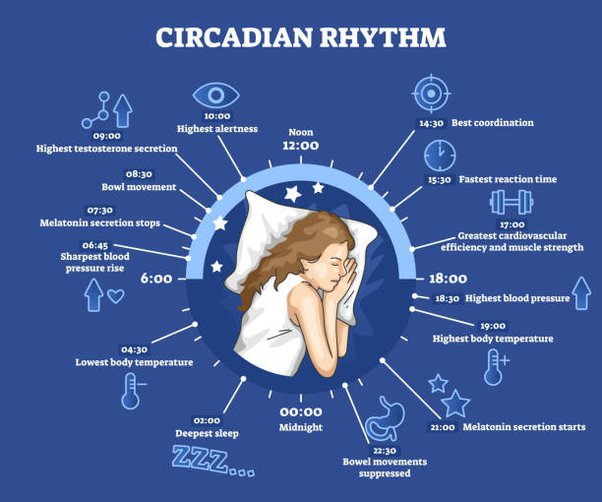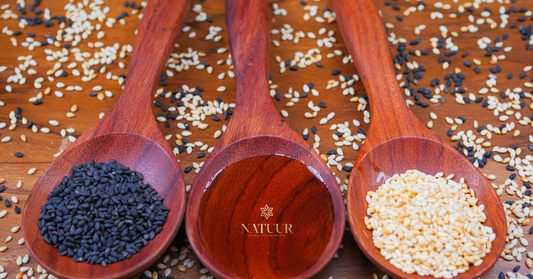
How does our circadian rhythm affect our food choices and eating habits?
Our circadian rhythm, often referred to as the body's internal clock, plays a crucial role in regulating various physiological processes, including our eating habits and food choices. Here's how the circadian rhythm influences our relationship with food:
Timing of Meals:
Our circadian rhythm governs our sleep-wake cycle, and it also influences when we feel hungry or full. The body's natural rhythm affects the release of hunger hormones like ghrelin and satiety hormones like leptin. As a result, we tend to feel hungrier during specific times of the day, such as in the morning after waking up and during lunchtime. Eating in sync with our internal clock can lead to better digestion and improved nutrient absorption.
Food Preferences:
Studies have shown that our circadian rhythm can impact our food preferences and cravings. For example, during the morning hours, we may naturally lean towards lighter and healthier options, while in the evening, we might crave more substantial or comfort foods. Understanding these natural shifts can help us make mindful choices and opt for nourishing foods throughout the day.
Nighttime Eating:
Disrupting our circadian rhythm, such as by staying awake late into the night, can lead to irregular eating patterns, including late-night snacking. Late-night eating has been linked to weight gain and other health issues, as our bodies are less efficient in processing food during those hours. Aligning our eating habits with our circadian rhythm, with the majority of our caloric intake earlier in the day, can have positive effects on metabolism and digestion.
Metabolism and Digestion:
Our body's metabolism and digestive system follow a circadian rhythm as well. They have peak periods of activity during the day when they are most efficient in breaking down and absorbing nutrients. Eating during the daytime aligns with our body's natural digestive processes, leading to better energy utilization and overall health.
Shift Work and Eating Challenges:
For individuals who work irregular or night shifts, their circadian rhythm can become disrupted. This can lead to challenges in eating habits and food choices, as the body's internal clock may not align with regular meal times. In such cases, it's essential to plan meals mindfully and choose foods that support sustained energy and nutrition.
Conclusion:
Our circadian rhythm has a profound impact on our food choices, eating habits, and overall metabolism. Listening to our body's natural cues and eating in sync with our internal clock can lead to better digestion, improved energy levels, and a healthier relationship with food. Paying attention to meal timing, being mindful of food preferences, and avoiding late-night eating are all steps we can take to support our circadian rhythm and foster better health and well-being.








